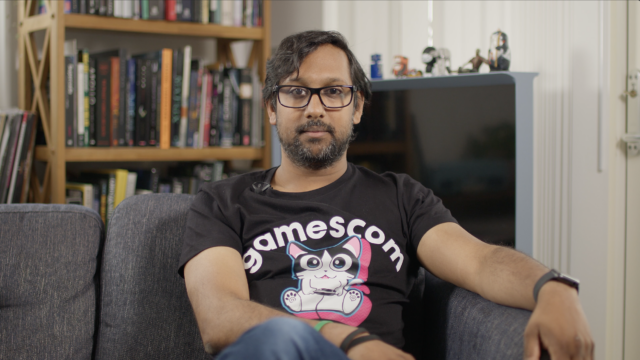Op-Ed: Anti-Semitism & The New York Times
I’m sure this article will go over well with everyone…
Last Wednesday, the New York Times International Edition reprinted an anti-Semitic cartoon originally published in a Portuguese newspaper called Expresso. During the media frenzy that followed, it was revealed that the cartoon’s illustrator, António Moreira Antunes, has a history of incendiary cartoons that often flirt with the anti-Semetic. The Times’ response was to issue an apology, promise to discipline the editor responsible for letting the cartoon through, and canceling their subscription to Cartoon Arts International, a compiler of political cartoons from around the globe. Now, there’s a lot going on with this one. This issue intersects class, race, religion, ideas of the West, and so much more. As such, it is important to parse this piece of news one chunk at a time.
First, the difference between anti-Semitism and anti-Zionism must be discussed. One is allowed to be critical of Israel without being anti-Semitic. Though some (Jews and non-Jews alike) have tried to paint those who disagree with Israel Prime Minister Benjamin Netanyahu as anti-Semites (most recently/notably, United States Representative Ilhan Omar), such efforts are in bad faith. Putting things extremely charitably, the global view of Israel is divided. While there are certain Jews who truly believe that Zionism is the only way to preserve the state of Israel, many believe that Israel is a colonial power backed by the United States who must free the Palestinians and grant them sovereignty.
It’s very hard, though, to take this internal issue within the Jewish community and talk to non-Jews about it. Real anti-Semitism is still global (and as of the last few years on the upswing) so saying anything bad about the Jewish people may rile up real bigots to enact violence. I will speak a little more on this later. That said, non-Jews are allowed to criticize Israel. What they are not allowed to do, however, is caricature the Jewish people, at least not without consequence. This is exactly what António Moreira Antunes did in his comic. He conflated some legitimate criticisms he had with the Israeli government with the global (and especially European) hatred of Jews.
I understand a few things about Mr. Attunes’ position. I know that a) political cartoonists are supposed to court controversy, and b) that caricature is a reductive art by design, but that does not even come close to excusing what seems to be a pattern of conflating religions and governments and the people who practice them. Depictions of Muslims as barbarians and Jews as Shylock figures are terribly offensive, and furthermore, it’s wildly lazy imprecise. If this is the only way for someone to make a point about their point of view on the world, then they should seriously rethink making it at all.
I think that freedom of expression is very important, and I am sympathetic to when that right is trampled on (or met with violence such as the Charlie Hebdo massacre), but these are the minority of cases. What is much more common is the inciting of violence by these portrayals of marginalized groups that end up further harming the groups themselves. For instance, United States President Donald Trump giving credence to anti-Semitic conspiracy theorists such as Alex Jones (as well as Alex Jones himself) and anti-Semitic vloggers such as Pewdiepie could be considered to be indirectly responsible for many of the synagogue and church shootings happening around the globe. If artists don’t consider their social responsibilities when making their work, they may find horrible consequences that they never intended.
When it comes to depictions in media, representation matters. Continuing to depict certain marginalized groups through stereotype reinforces those stereotypes and shapes public opinion about those groups as a whole. While it is definitely possible to criticize Israel, a) it needs to be done without criticizing the Jewish people who are not at all synonymous with the state itself, and b) is work being done in Jewish circles, so non-Jews doing that work need to be especially careful when doing so.
As for the Times’ response to the piece, that speaks to the all too familiar dance we’ve grown used to when a brand does something offensive. We get a nicely worded apology and the promise that an individual will be punished. Retributive justice is no way to reach equality, however. Systemic change is, and until we see such a thing made standard as a part of these measures, nothing will be learned.
Update 6/12: NY Times have ended all political cartoons as a result of the controversy.



























Hi Ashley, thank you so much for reading and we love the feedback. Note that on that day we had 14th posts go up and only ten posts show on the front page, so it's possible the preview had already been archived by the time you got to it. One recommendation would be to add our RSS feed to your favorite news aggregator service like Feedly, this way you get all of the latest posts!